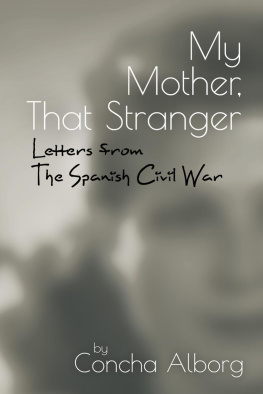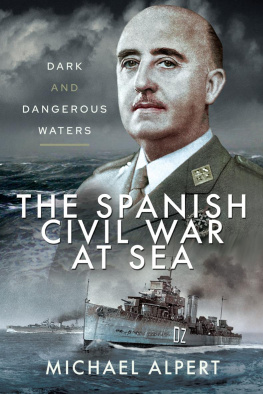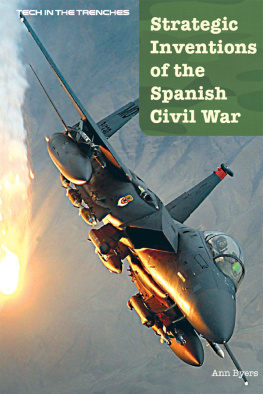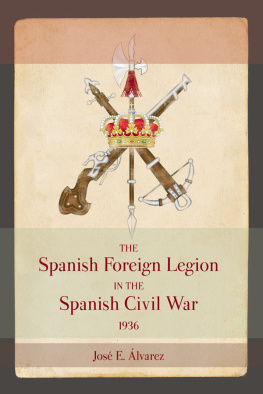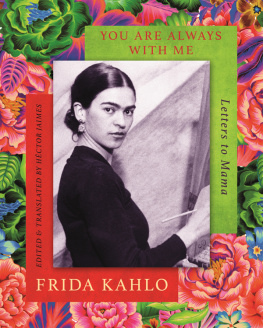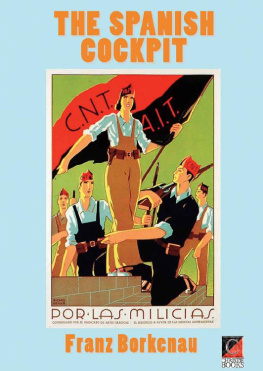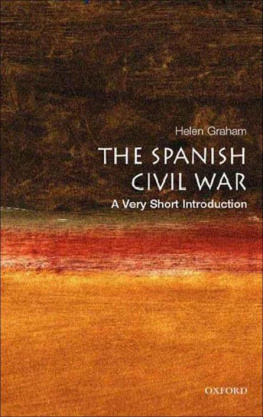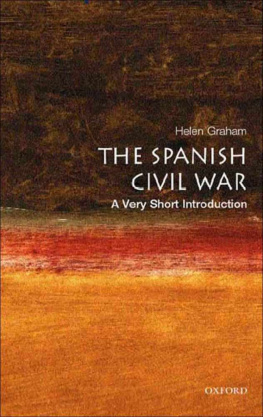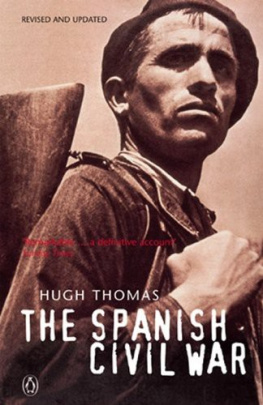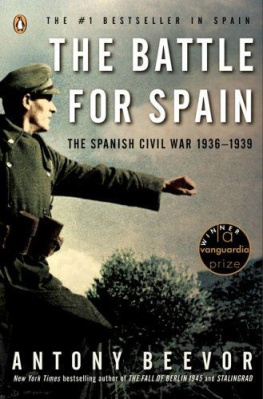My
Mother,
That Stranger
Pre-publication reviews of My Mother, That Stranger
To tell the truth in an autobiographical text is immensely difficult if it goes beyond the superficial and I feel that Alborgs memoir confronts several truths (as her other texts that I know and admire have done). The marvelous force of love that reconciles us with everything (even to live at war and hungry), the fragility of everything, of deception and disappointment, the difficulty of leaving ones country, creating a profession and more. The found letters serve as a mechanism to rewrite the past, as a revelation and as a catastrophe. In this case there is the added beautiful mystery of why they were hidden and the final theory is convincing and moving. The form in which the author presents the letters, in a critical academic analysis of sorts, works very well, since it organizes the themes and allows us to perceive the reactions of the narrator/researcher (to name her this way). Through the letters she reconstructs not only her mothers life, but the epoch. It is magical.Randolph D. Pope, Ph.D., Emeritus Professor, Commonwealth Professor of Spanish and Comparative Literature, University of Virginia, Charlottesville, VA
My Mother, That Stranger is a moving book. I particularly liked the first part, the one dealing with the war years. I think I fell in love with Conchita, that young, strong woman, happy and determined. And the love and separation relationship told is frightening and beautiful at the same time. I liked the references to the letters so much that I wanted to read all eight-hundred of them. Luckily, the author includes some of them in complete form, which is important, since we cant read them all.Ins Alberdi, Catedrtica de Sociologa, Facultad Ciencias Polticas y Sociologa, Universidad Complutense de Madrid
It almost goes without saying that the book is of considerable interest for several reasons. Of course, the vital historical events lend interest to anything written in the Civil War period. To that may be added the complex relationship between the authors parents as well as her fathers prominence as a major intellectual figure in 20th century Spain. A lot of the book is the authors reporting what she took from the letters rather than the letters themselves. Her direct quotation of the letters is always good, because that lends the narrative a particular authenticity. I enjoyed the fact that she included a lot of the Spanish original, because if one has even a limited knowledge, the original has a particular charm and individuality.Francis W. Hoeber, Author of Against Time: Letters from Nazi Germany 19381939. Philadelphia: American Philosophical Society Press, 2015
The author realizes that few readers will be familiar with how the Civil War affected Spanish civilian life. They are even less aware of the post-war period, in which physical poverty and chronic food shortages made life a struggle for most Spaniards. In addition, Francoist Spain experienced an oppressive political environment in which liberty of expression was non-existent. Deviation from the nationalistic, Falangist platform of womens social roles as Catholic mothers, whose place was at home, subordinate to their husbands was punished. Alborg does a wonderful job in presenting this background and context in which she observes the lives of her mother and family evolve. Indeed, the Stranger of the title becomes less so as Alborg scrutinizes the daily letters written to each other by her mother and father.Paul C. Smith, Ph.D., Professor Emeritus, University of California, Los Angeles
During the preparation and drafting of this book, the author has discovered an unknown facet of her mother and the relationship of her parents. However, for the readers this is a testimony of a fundamental time in Spanish history the three years of Civil War and the immediate postwar from the intimacy and the enthusiasm of a young couple who was anxious to start the experience of a shared life. Through this interchange of ideas and confessions between a woman and a man in love, by means of the epistolary genre, their customs, wishes, prejudices, uncertainties, painful and tragic life experiences, but also happiness and hope for a better future are disclosed; a future that was aspired to as well by thousands of Spaniards, but that was truncated by the nonsense of the fratricide and dramatic consequences of this war. The authenticity of Concha Alborgs prose, in a confessional style, submerges us in the thought and life of her parents and, at the same time, of an entire epoch. ngeles Encinar, Ph.D., Professor of Spanish Literature, Saint Louis University, Madrid Campus
The Caada Blanch / Sussex Academic Studies on Contemporary Spain
General Editor: Professor Paul Preston, London School of Economics
A list of all published titles in the series is available on the Press website. More recently published works are presented below.
Concha Alborg, My Mother, That Stranger: Letters from the Spanish Civil War.
Peter Anderson, Friend or Foe?: Occupation, Collaboration and Selective Violence in the Spanish Civil War.
Germ Bel, Disdain, Distrust, and Dissolution: The Surge of Support for Independence in Catalonia.
Carl-Henrik Bjerstrm, Josep Renau and the Politics of Culture in Republican Spain, 19311939: Re-imagining the Nation.
Darryl Burrowes, Historians at War:Cold War Influences on Anglo-American Representations of the Spanish Civil War.
Andrew Canessa (ed.), Barrier and Bridge: Spanish and Gibraltarian Perspectives on Their Border.
Kathryn Crameri, Goodbye, Spain?: The Question of Independence for Catalonia.
Pol Dalmau, Press, Politics and National Identities in Catalonia: The Transformation of La Vanguardia, 18811931.
Mark Derby, Petals and Bullets: Dorothy Morris A New Zealand Nurse in the Spanish Civil War.
Francisco Espinosa-Maestre, Shoot the Messenger?: Spanish Democracy and the Crimes of Francoism From the Pact of Silence to the Trial of Baltasar Garzn.
Mara Jess Gonzlez, Raymond Carr: The Curiosity of the Fox.
Helen Graham, The War and its Shadow: Spains Civil War in Europes Long Twentieth Century.
Arnau Gonzlez i Vilalta (ed.), The Illusion of Statehood: Perceptions of Catalan Independence up to the End of the Spanish Civil War.
Xabier A. Irujo, GERNIKA: Genealogy of a Lie.
Mandie Iveson, Language Attitudes, National Identity and Migration in Catalonia: What the Women Have to Say
Angela Jackson, For us it was Heaven: The Passion, Grief and Fortitude of Patience Darton From the Spanish Civil War to Maos China.
Gabriel Jackson, Juan Negrn: Physiologist, Socialist, and Spanish Republican War Leader.
Nathan Jones, The Adoption of a Pro-US Foreign Policy by Spain and the United Kingdom:Jos Mara Aznar and Tony Blairs Personal Motivations and their Global Impact.
Xavier Moreno Juli, The Blue Division: Spanish Blood in Russia, 19411945.
David Lethbridge, Norman Bethune in Spain: Commitment, Crisis, and Conspiracy.
Antonio Miguez Macho, The Genocidal Genealogy of Francoism: Violence, Memory and Impunity.
Carles Manera, The Great Recession: A Subversive View.
Nicholas Manganas, Las dos Espaas: Terror and Crisis in Contemporary Spain.
Jorge Marco, Guerrilleros and Neighbours in Arms: Identities and Cultures of Antifascist Resistance in Spain.
Emily Mason, Democracy, Deeds and Dilemmas: Support for the Spanish Republic within British Civil Society, 19361939.
Soledad Fox Maura,

